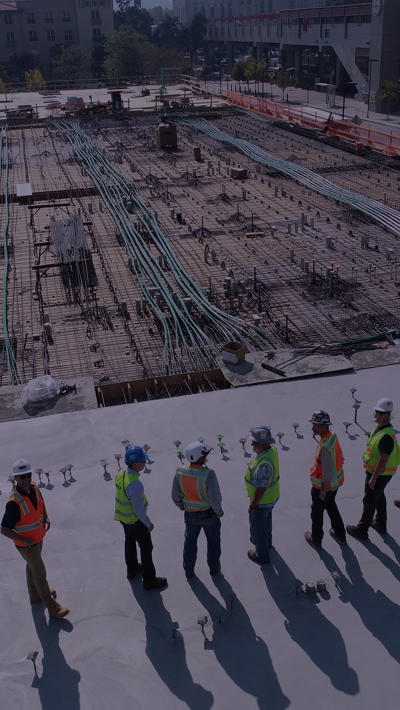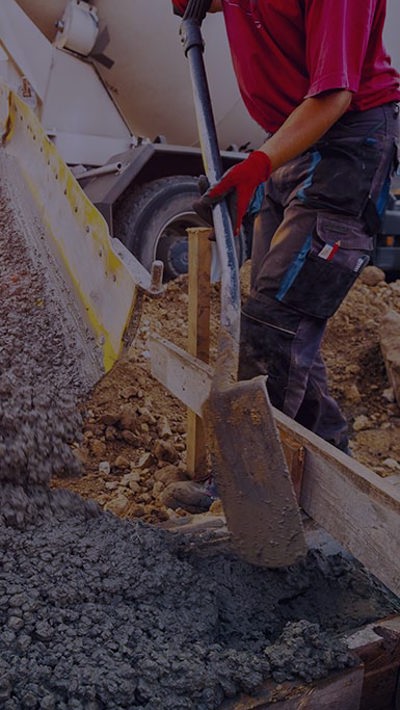Speak to our experts
Contents
The reforms stemming from the Building Act review will catch the legislation up with market trends and should increase housing affordability.
They will also improve the information around building products and reduce the building levy, while sharply increasing the penalties for substandard work and poor behaviour.
Certification scheme for pre-fab and off-site manufacture
A manufacturer certification scheme will be introduced for pre-fabrication and off-site construction, meaning that a building consent will be needed only for the on-site installation – reducing both time and cost.
Greater transparency around building products
Building product manufacturers and suppliers will be required to make a minimum level of information publicly available, including a plain English description of how the product should be installed and maintained, and will be required to provide evidence substantiating any claims they make about product performance.
The Ministry of Business, Innovation and Employment (MBIE) is working with key stakeholders on the content of the regulations. MBIE will have the power to require the provision of information when needed to determine if a product or method should be subject to a warning or a ban.
Strengthening CodeMark
Changes include setting registration requirements for product certificates and product certification bodies, and giving MBIE the ability to investigate, suspend or revoke registrations.
Lower building levies
The building levy will be reduced from $2.01 to $1.75 per $1,000 of consented work above a threshold of $20,444 (both including GST) – lowering the costs by around $5,200 for a $20m commercial project and by around $80 for an average residential build. These are expected to take effect from mid-2020.
MBIE will also have the discretion to spend levy revenues on the “broader stewardship of the sector”, such as the implementation of the Construction Sector Accord.
Higher sanctions
The biggest increase is for serious offences where the maximum for a company will rise to $1.5m and for an individual to $300,000 – from $200,000 across the board now.
Other increases:
- Wilful breach, significant safety risk, impersonating an officer – to $50,000 for an individual and $150,000 for a company from $5,000, $10,000 and $20,000 now.
- Breach of defined responsibilities - from $5,000 to $50,000 for an individual and $150,000 for a company.
- Breach of administrative obligations – to $5,000 for an individual and $25,000 for a company from $2,000 and $5,000 respectively.
From here
The timeframe is to have a Bill introduced in the first half of next year to come into force by the middle of the year. The new offence and penalty regime would come into effect immediately. The other changes would be phased in to ensure a smooth transition.
Still to come
A second Bill will be introduced in 2020 to make changes to the occupational regulation of licensed building practitioners, engineers, plumbers, gasfitters and drainlayers.
The Government was persuaded by feedback during the consultation process that the insurance market would not be able to meet the swell in demand that would arise from introducing a compulsory guarantee and insurance product for residential new builds and substantial alternations.
However, it has asked officials to report back next year with alternative options, including non-regulatory approaches, to address issues of risk and liability in the building system.











































































